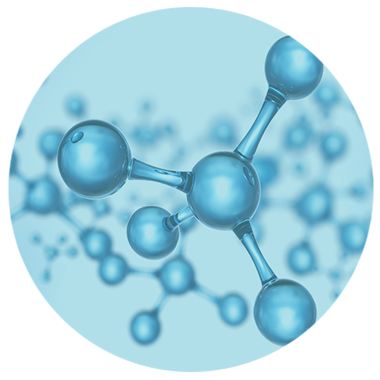Technological products portfolio
 USE CASES
USE CASES
The biosensors used in disease research or early diagnostics are currently limited by their level of sensitivity.
Detecting a specific molecule in a complex medium such as serum or any other bodily fluid (diluted or undiluted sample) without accounting for any non-specific interaction, is currently the main issue with using biosensors in many applications such as Surface Plasmon Resonance imaging (SPRi).
The GLISS technology has therefore naturally found its place in the biosensor market.
 ADVANTAGES
ADVANTAGES
GLISS is a surface chemistry technique adapted to biochips that provides a simple, standardized solution according to the type of ligand that is universally applicable to a wide range of biosensors and surfaces.
This solution eliminates the problem of non-specific interactions, optimizes specific interactions and therefore increases the detection sensitivity and selectivity of all biosensors.
This optimized detection capacity therefore reduces the detection limit imposed by the measurement device itself.
 APPLICATIONS
APPLICATIONS
GLISS chemistry applies to a wide range of biomolecules, flat or non-flat surfaces and biosensors. Through its versatility, GLISS will be of interest to all markets that use biochips, and more specifically the SPR market.

